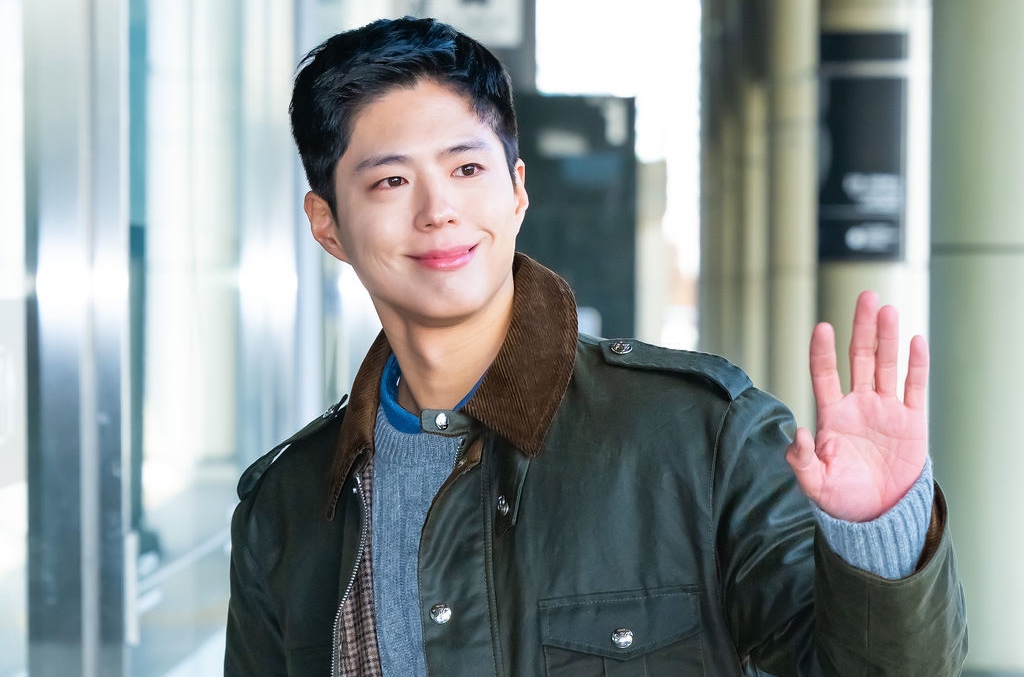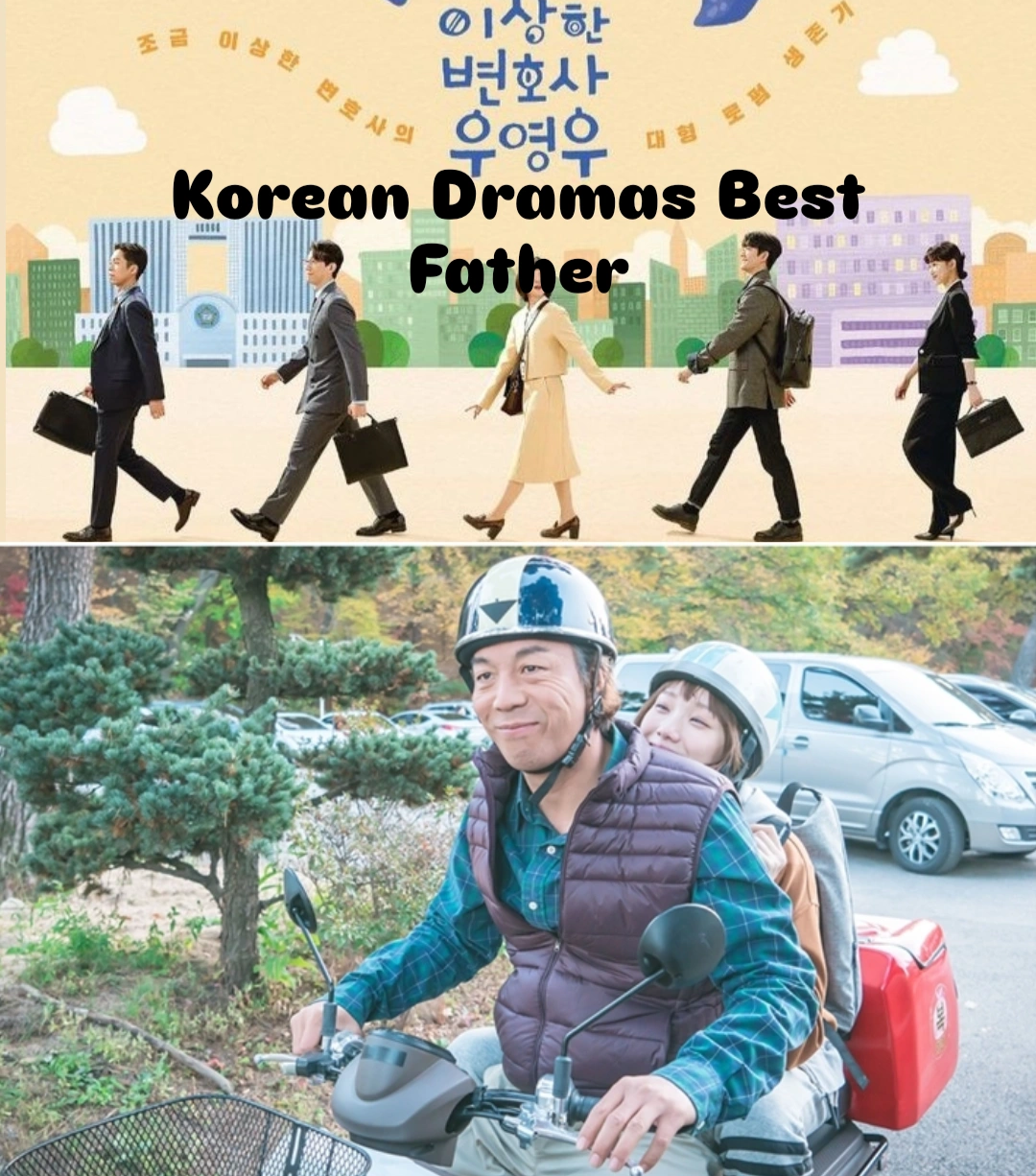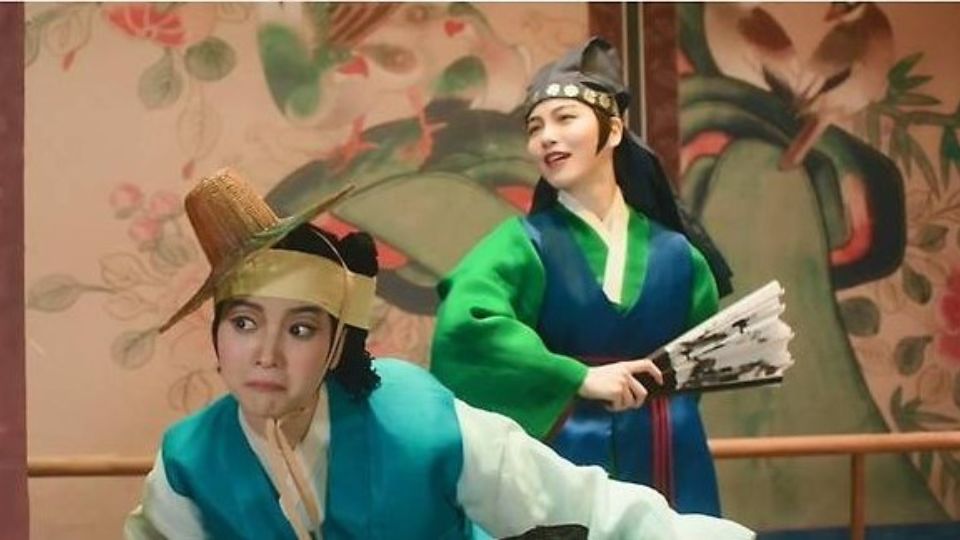
After the sudden death of her husband, King Gogukcheon (Ji Chang-wook), Queen Woo must protect her family and kingdom while navigating a dangerous web of power struggles within the royal family. She aligns herself with Goguryeo’s prime minister Eul Pa-so (Kim Mu-yeol) to maintain her influence by marrying the king’s younger brother.

The drama is distinctive for its rare focus on Goguryeo, a period less frequently portrayed in Korean historical dramas, which typically center on the Joseon Dynasty. The character Queen Woo is notable for being a rare female figure from Korean history who takes control of her destiny, even orchestrating her own marriage to secure her power after her husband’s death. Her political acumen and strength are highlighted throughout the series.

Critically, “Queen Woo” distinguishes itself by shifting the focus from the typical Korean nationalist themes that often characterize Goguryeo dramas to internal power struggles and factional conflicts. The drama also attempts to portray more nuanced historical details, borrowing from various historical theories, such as the “Hae Clan Goguryeo Theory”, which adds depth and realism to the period setting.

The series’ action sequences, especially the war scenes, are praised for their scale and intensity, standing out in a genre where battle scenes in historical dramas often fall short. The show also benefits from its platform’s mature rating, allowing for more explicit depictions of violence and intrigue, though some scenes are criticized for being gratuitous.
As a rare historical drama with a strong female lead and intricate political intrigue, “Queen Woo” pushes boundaries in the Korean drama landscape, offering fresh perspectives on both the genre and women’s roles in historical narratives.
Source: Daum










